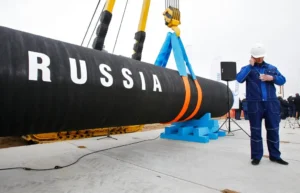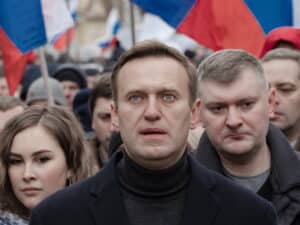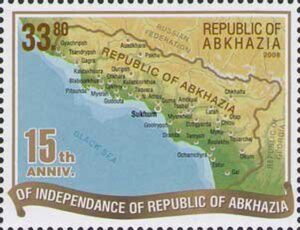The Russian parliament approved a constitutional reform in the third and final reading that resets President Vladimir Putin’s presidential term number to zero. This gives President Putin the chance to run for what would be his fifth term in 2024 and after that his sixth term, allowing him to potentially stay in power until 2036. The new amendment was proposed during the meeting by cosmonaut-turned-politician Valentina Tereshkova, who became the first woman in space in 1963. She argued that “given his enormous authority, it would be a stabilizing factor for our society.” President Putin himself said when he addressed the State Duma that in the future Russia must develop into a country in which the president changes regularly, so he believes that the Constitution should retain a two-term limit. However, he also stated that he believes that currently Russia might not be ready for such changes, hinting back to Russia’s past where power was vested in a single leader, due to the current foreign and domestic threats to Russia’s stability. He did not reveal during his address whether or not he planned to run for president again in 2014, stating that “I’m sure that together, we will do many more great things, at least until 2024. Then, we will see.” Putin also emphasized that the legislation allowing him to run again would have to be approved by Russia’s Constitutional Court. The legislation would also be part of the package of constitutional amendments that will be voted on by the public on April 22nd. It is likely that the package will be voted in by both the Constitutional Court and the public due to the Kremlin’s tight grip on the judicial and electoral system.
Previous constitutional changes
Back in 2008 then President Dmitry Medvedev also proposed constitutional changes. The amendment suggested to change the presidential term from four years to six. The amendment also suggested to change the Duma’s term from your to five years. The parliament voted in favor and the term extension would enter into force after the next president was chosen in the election. Evidently, that became Putin.
Reaction of the opposition
Back in 2008 there was heavy opposition against the proposed constitutional amendments. While president Medvedev at the time suggested that a longer term was necessary to guarantee “effective” government, Kremlin critic and former Duma deputy Vladimir Ryzhkov said that the “undemocratic” move was designed to perpetuate the Kremlin’s “authoritarian” rule amid risks of unpopularity due to the economic crisis.
This time it is no different. Opposition activists have been taking advantage of the internet to get around the Kremlin’s control of the traditional media outlets such as television to let their voice be heard. Opposition politician Lyubov Sobol said on twitter “He’s [Putin] usurping power and resetting term limits, but dumping the responsibility on the Constitutional Court. Does he think people are stupid?”. Russia’s most prominent opposition leader Alexei Navalny also commented on the amended, writing on twitter; “All is clear. Putin will be president for life.”
Three opposition activists quickly applied for permits for a Moscow rally against President Putin on March 21st after the news came out, but the coronavirus epidemic gave the Kremlin a justification to ban large gatherings. Saying that, the Kremlin is known for cracking down harshly on protests which was evident after demonstrations broke out in 2011 when Putin announced he would run for president again. Grigorii V. Golosov, a professor of comparative politics at the European University at St. Petersburg, said that “there is no reason to doubt the authorities’ readiness to respond with forceful repression. At the moment, I don’t see any factors that might stand in his [Putin] way.”
Sources: New York Times / New York Times 2 / The Guardian / The Moscow Times / New York Post
Photo: Wikimedia



